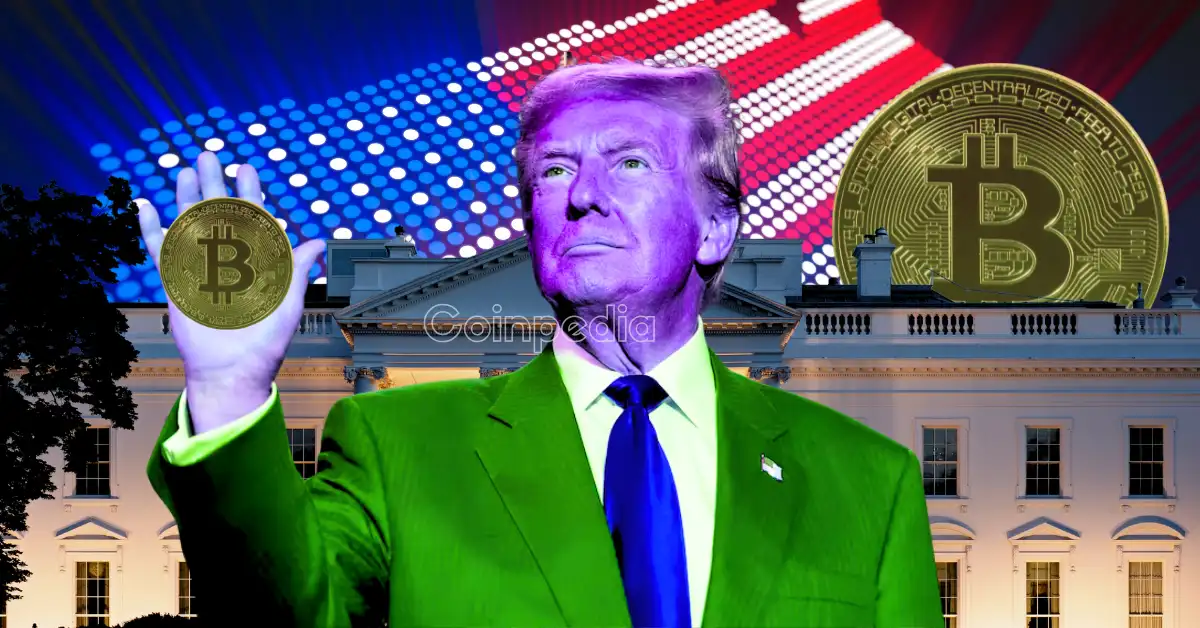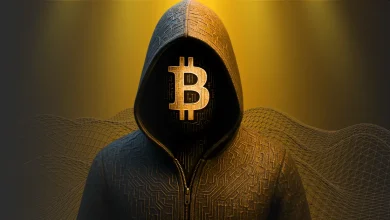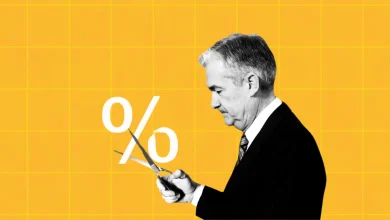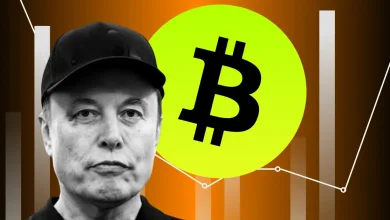
Trump’s team shuts down DOJ’s crypto crime unit to ease up on crypto rules and back the industry.
The DOJ’s crypto unit tackled major cases like Tornado Cash, a $100M hack, and North Korean cybercrime.
U.S. federal agencies were ordered to report their crypto holdings by April 7, but the results remain confidential for now.
In a move that signals a major change in the U.S. government’s approach to cryptocurrency, the Department of Justice (DOJ) announced on Monday that it is officially shutting down its crypto crime unit. This team, focused on crypto-related investigations, is being disbanded as part of President Trump’s push to make crypto regulations clearer and less strict, Fortune Crypto reported.
DOJ Shuts Crypto Unit Amid Trump’s Pro-Crypto Shift
Deputy Attorney General Todd Blanche, a senior DOJ official and former lawyer for President Trump, said the National Cryptocurrency Enforcement Team (NCET) will be shut down immediately. He said the decision follows an executive order from Trump aimed at reducing aggressive enforcement and offering more support to the crypto industry.
“The Department of Justice is not a digital assets regulator. However, the prior Administration used the Justice Department to pursue a reckless strategy of regulation by prosecution.”
A Look Back: What NCET Was Doing
The NCET was launched in 2021 during President Joe Biden’s term. It brought together experts in money laundering, cybercrime, and crypto law to investigate crimes in the digital asset space.
The unit played a key role in several major DOJ crypto cases, including:
- Tornado Cash, a crypto mixing service used to hide the source of digital funds.
- Avraham Eisenberg, a hacker who stole over $100 million by exploiting a trading platform.
- Investigations into North Korean cybercriminals involved in laundering stolen crypto.
These cases showed how seriously the DOJ was taking crypto-related crime at the time.
In a memo to DOJ staff, Blanche said the department will now focus on going after people who scam or cheat crypto investors. It will step back from cracking down on crypto platforms like exchanges, mixers, and offline wallets.
Trump’s Push for Lighter Crypto Rules
The shutdown of the NCET is the latest move by the Trump administration to ease regulations on digital assets. Trump had earlier directed agencies like the Securities and Exchange Commission (SEC) and the Commodity Futures Trading Commission (CFTC) to scale back their oversight of the crypto sector.
Federal Agencies Quietly Report Crypto Holdings
Recently, federal agencies across the U.S. were told to report their cryptocurrency holdings to the Department of the Treasury by April 7. This was also part of Trump’s executive order on digital assets. For now, these disclosures are confidential, and there’s no timeline for when or if they’ll be made public.
As the feds step back, the question is who’s really in charge of the rules?
Never Miss a Beat in the Crypto World!
Stay ahead with breaking news, expert analysis, and real-time updates on the latest trends in Bitcoin, altcoins, DeFi, NFTs, and more.
FAQs
No. The DOJ will still go after individuals who scam or cheat crypto investors. They’re just stepping back from targeting crypto platforms like exchanges, wallets, and mixers. There may be less legal pressure on crypto companies, but less enforcement could also mean more scams. Investors should still be cautious.
Federal agencies in the U.S. were required to report any cryptocurrency holdings they have to the Department of the Treasury by April 7, following a 2025 executive order from President Trump. However, there have been no disclosures made yet.








